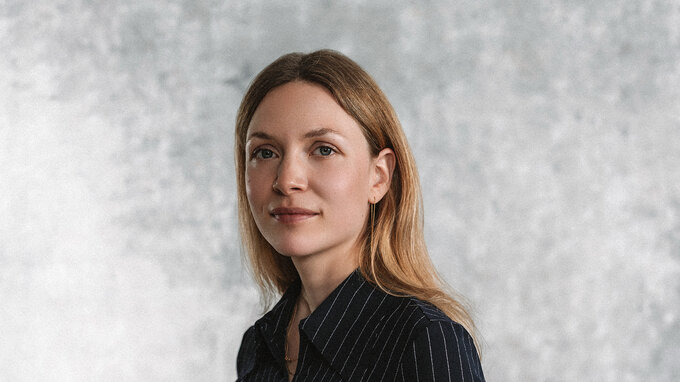

Fresh, bold, and forward-thinking – our Newcomers of the Year showcase what design can be tomorrow. We champion talents who stand out with exceptional creativity and strong ideas. Meet the next generation of design – and get inspired by new perspectives.
The German Design Award Newcomer is a milestone in the careers of successful designers.
Past winners include many now-renowned names such as Eva Marguerre, Marcel Besau, Sebastian Herkner and Christian Zanzotti.
In addition, the German Design Council offers all finalists the chance to connect with leading figures from its design-driven business network at a range of exclusive events – a unique opportunity to build valuable industry contacts.
How can I take part?
The Newcomer Award cannot be applied for directly. Instead, nominations are put forward either by representatives of participating universities affiliated with the German Design Graduates initiative or by our scouting team. Once nominated, candidates are notified and may confirm their nomination by submitting a digital short portfolio.
Eligible to participate are graduates from the fields of textile, fashion, product, industrial, communication, digital, and interaction design.
The winner of the German Design Award Newcomer is selected by an independent international expert jury. Just like the main award categories, the jury is made up of representatives from industry, academia, and the design world.
The jury assesses the submitted portfolios with a focus on the unique stylistic identity of the work and its development potential. Criteria include:
Aspects such as sustainability and circularity, material and resource awareness, as well as relevance and future viability also play a key role in the evaluation process.
Prize Money
From all nominations, five finalists are selected by the expert jury. One of them will be named Newcomer of the Year at the awards ceremony – a title that comes with a €15,000 prize. The other finalists each receive €2,500.
Visibility
All five finalists are introduced to our social media community and featured with dedicated profile pages on the website, where they can present their work, interviews, and video portraits. Presentation at the
Award Ceremony
During the ceremony, finalists are showcased in a special exhibition and celebrated on stage, culminating in the announcement of the Newcomer of the Year and the official award presentation.
Networking
All finalists are invited to the annual German Design Council Gala at Soho House Berlin. There, they have the opportunity to meet foundation members, high-ranking industry representatives, and decision-makers from design-driven companies – a perfect setting to make valuable connections.
The finalists of the German Design Award 2026 – Newcomer share a strong focus on sustainable, forward-thinking approaches and work at the intersection of technology, material research, and creativity. Whether through the development of circular materials, innovative architectural concepts, or the fusion of art and digital technologies, these emerging designers are committed to resource-conscious solutions and transformative design methods. Their work reflects a clear drive to tackle social and ecological challenges through creative, interdisciplinary projects.
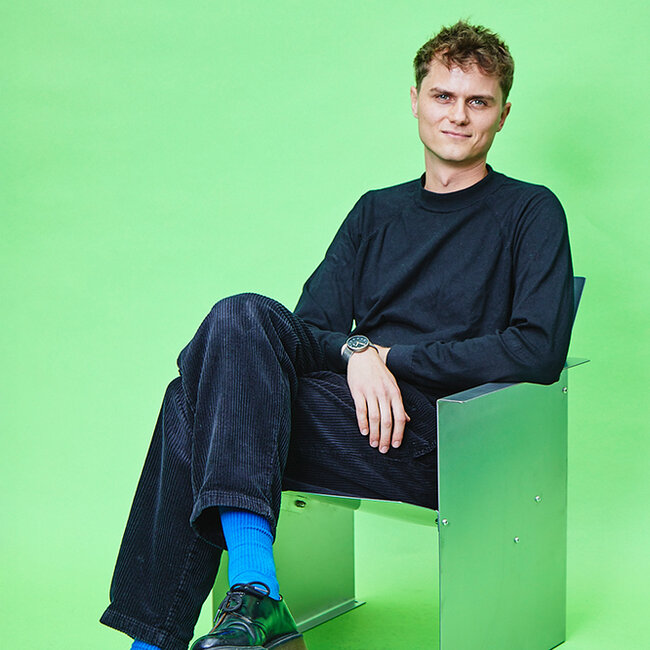
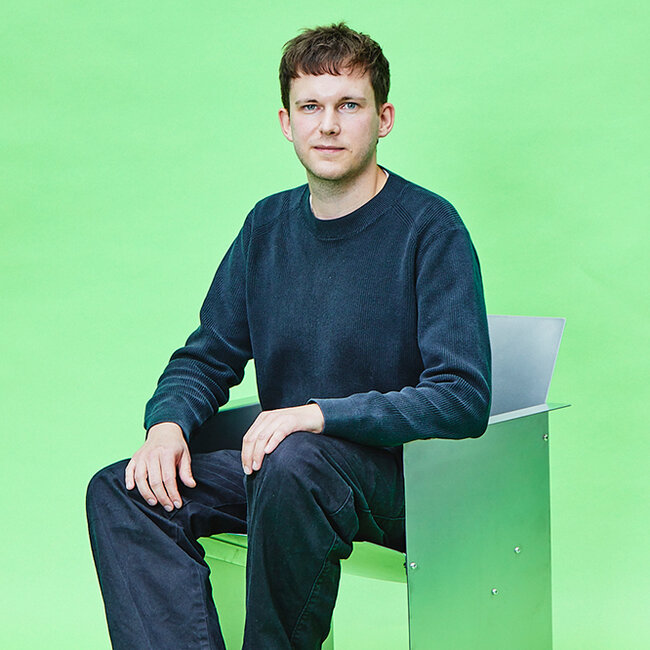
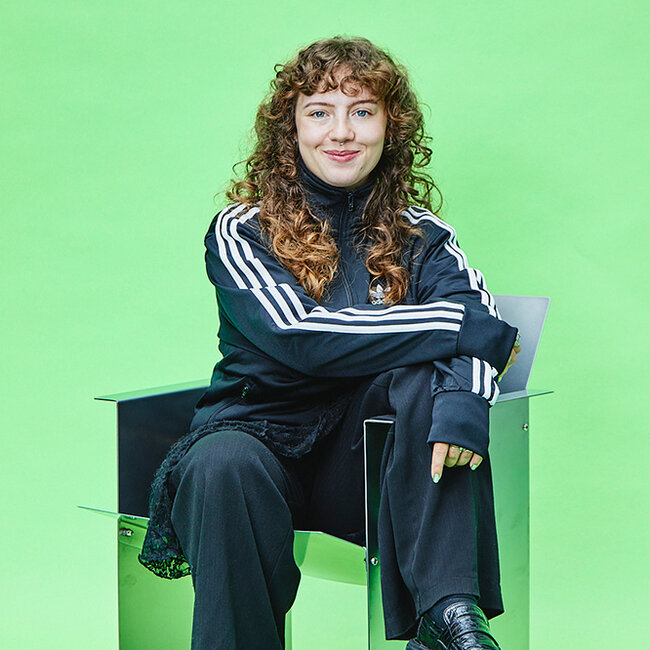
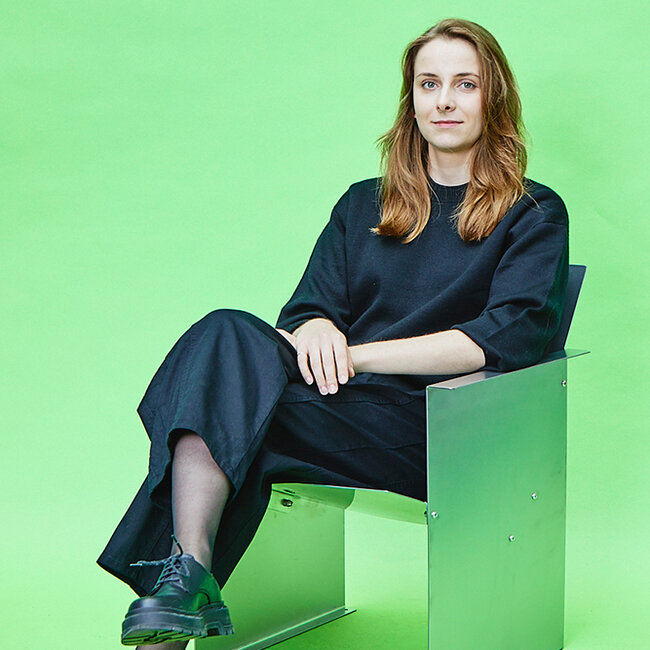
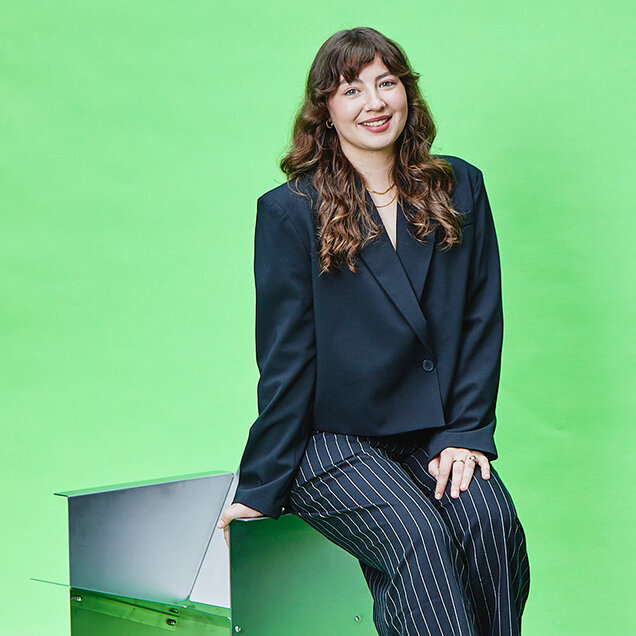

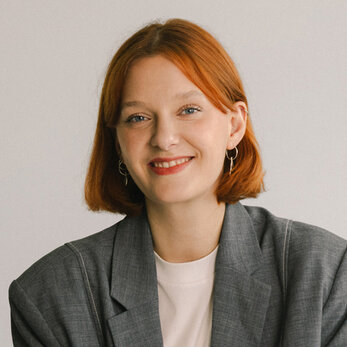
Wiebke Meyer-Lüters is a designer based in Hamburg. In 2023, she founded the design studio studio tülü with a focus on brand identity and web design. She previously lived in New York, where she completed her Master's degree in Design and Entrepreneurship. She volunteers as a designer for the NGO Bridging Gaps, whose brand identity was honoured as Brand Innovation of the Year at the German Brand Award 2024.
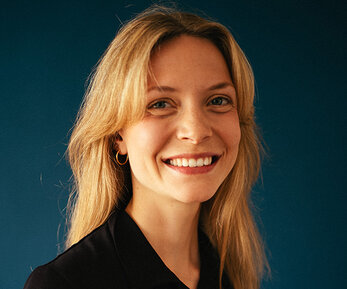
Juni Sun Neyenhuys works at the intersection of material science, circularity, design, and storytelling. Her focus lies in harnessing natural resources for innovative applications within biological cycles. She co-founded mujō, which develops seaweed-based packaging, and co-initiated the Disruptive Materials Institute e.V., a nonprofit platform for research, creativity, and collaboration toward sustainable material futures. In 2025, she received the German Design Newcomer Award from the German Design Council.
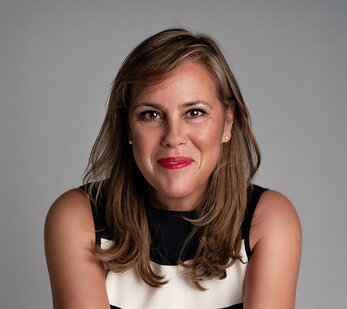
Associate Professor in Industrial Design, University of Aveiro | Executive Board Member, Cumulus Association
Teresa Franqueira is a designer, has a PhD degree at Politecnico di Milano and was the International Coordinator of DESIS Network – Design for Social Innovation and Sustainability from 2022 till 2025. She founded and led a research group on Design for Social Innovation and Sustainability (ID+ DESIS Lab) for eight years and directed the Design Factory Aveiro as its executive director and scientific coordinator from 2016 to 2022. Teresa is member of several editorial board, of scientific committees in national and international Design Conferences and jury of international design competitions. She teaches across Europe and Asia and has been the local coordinator of european projects for social innovation, circular economy and sustainability.
Teresa has been invited as a keynote speaker in national and international conferences and has organise several workshops worldwide. She has been supervising PhD and Master students within the topics of Design for Social Innovation, Design for Sustainability, Product Design and Service Design. Her work is characterized by a deep commitment to integrating design methodologies with interdisciplinary collaboration, aiming to create meaningful impact and drive positive change in communities worldwide. Through her extensive publications and participation in international conferences, Teresa Franqueira aims to influence the design landscape, inspiring both professionals and students alike.
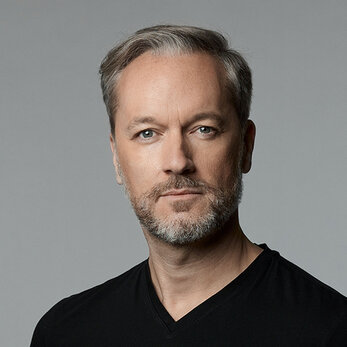
Leader, LIXIL GLOBAL DESIGN
Patrick Speck was born in Brazil and graduated in Industrial Design from PUCPR in 2000, followed by a Master’s degree in Product Design and Engineering from the same institution. Between 2000 and 2006 Patrick worked for Electrolux Home Products. In 2006 Patrick joined GROHE. Throughout the years, he held several senior positions in the design department, supporting the brand around the globe and leading projects from concept to production. In October 2018, Patrick was appointed VP of Design Transformation. Since January 2020, Patrick is Leader LIXIL Global Design EMENA, increasing his responsibility with regional design leadership for LIXIL’s Design Studios in Düsseldorf and London. He is based in London, and leading the GROHE and Cobra brands, assuring the brands remain well-defined, authentic and with a unique sense of purpose. In this function, he reports directly to Paul Flowers, Leader LIXIL Global Design, Executive Vice President and in a dotted line to Leader LIXIL EMENA. His list of achievements includes several Intellectual Property files (Brazil, Europe and the US) both for Electrolux and GROHE.